Introduction to Blockchain Apps: Revolutionizing Digital Interactions
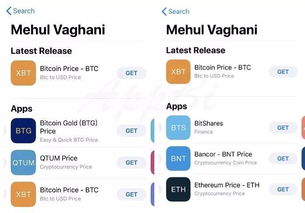
Blockchain technology has been making waves across various industries, and its integration into mobile applications is no exception. Blockchain apps are designed to leverage the decentralized and secure nature of blockchain to enhance user experiences and streamline transactions. In this article, we will explore the concept of blockchain apps, their benefits, and how they are reshaping the digital landscape.
Understanding Blockchain Technology
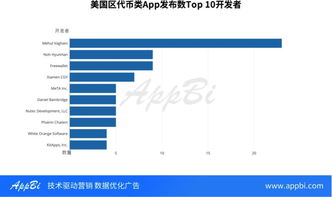
Before diving into blockchain apps, it's essential to understand the underlying technology. Blockchain is a decentralized ledger that records transactions across multiple computers, known as nodes. Each transaction is grouped into a block, and these blocks are linked together in a chain, forming a secure and transparent record of all transactions.
Blockchain's key features include immutability, transparency, and decentralization. Immutability means that once a transaction is recorded on the blockchain, it cannot be altered or deleted. Transparency ensures that all transactions are visible to anyone with access to the blockchain. Decentralization eliminates the need for a central authority, making the system more resilient to hacking and manipulation.
Types of Blockchain Apps
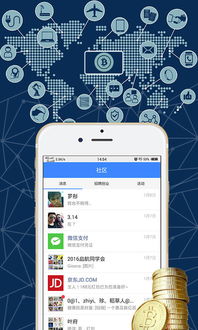
Blockchain apps can be categorized into several types based on their functionality and purpose. Here are some common types:
Financial Apps: These apps enable users to send, receive, and store cryptocurrencies like Bitcoin and Ethereum. They also facilitate peer-to-peer transactions without the need for intermediaries.
Smart Contract Apps: Smart contracts are self-executing contracts with the terms of the agreement directly written into lines of code. These apps allow users to create, manage, and enforce contracts without the need for intermediaries.
Identity Verification Apps: These apps use blockchain to provide secure and tamper-proof identity verification services, ensuring that personal information remains private and secure.
Supply Chain Management Apps: Blockchain can be used to track and verify the movement of goods and services throughout the supply chain, ensuring transparency and reducing fraud.
Healthcare Apps: Blockchain can be used to securely store and share patient records, ensuring privacy and reducing the risk of data breaches.
Benefits of Blockchain Apps
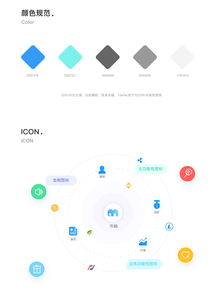
Blockchain apps offer several benefits over traditional applications, including:
Security: The decentralized nature of blockchain makes it extremely secure against hacking and fraud.
Transparency: All transactions are recorded on the blockchain and can be viewed by anyone, ensuring transparency and accountability.
Efficiency: Blockchain apps can streamline processes and reduce the need for intermediaries, leading to faster and more cost-effective transactions.
Decentralization: By eliminating the need for a central authority, blockchain apps can empower users and reduce dependency on traditional institutions.
Challenges and Considerations
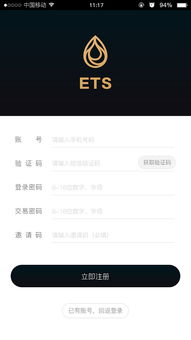
While blockchain apps offer numerous benefits, there are also challenges and considerations to keep in mind:
Scalability: Blockchain networks can face scalability issues, which may limit their ability to handle a large number of transactions.
Complexity: Blockchain technology can be complex for users to understand and interact with, which may hinder widespread adoption.
Regulatory Compliance: Blockchain apps must comply with existing regulations and may face legal challenges as the technology evolves.
Future Outlook
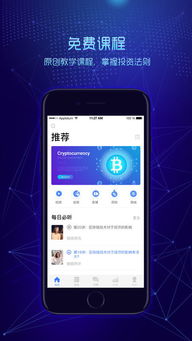
The future of blockchain apps looks promising, with increasing adoption across various industries. As the technology continues to mature and overcome its challenges, we can expect to see more innovative and user-friendly blockchain apps that enhance our digital experiences.
Blockchain apps have the potential to revolutionize the way we interact with digital services, from financial transactions to healthcare and beyond. By leveraging the power of blockchain, these apps can offer secure, transparent, and efficient solutions to everyday problems, paving the way for a more decentralized and empowered digital world.
Conclusion
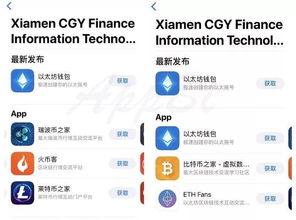
Blockchain apps are at the forefront of a digital revolution, offering innovative solutions to traditional problems. As the technology continues to evolve, we can expect to see more blockchain apps emerge, reshaping industries and improving user experiences. By understanding the benefits and challenges of blockchain apps, we can better appreciate their potential and prepare for
